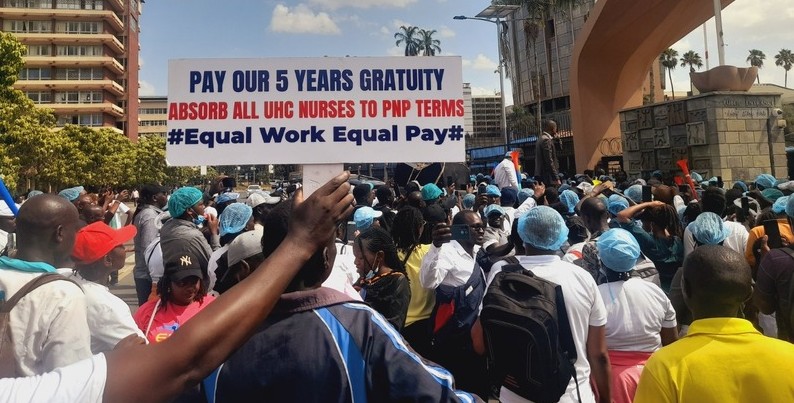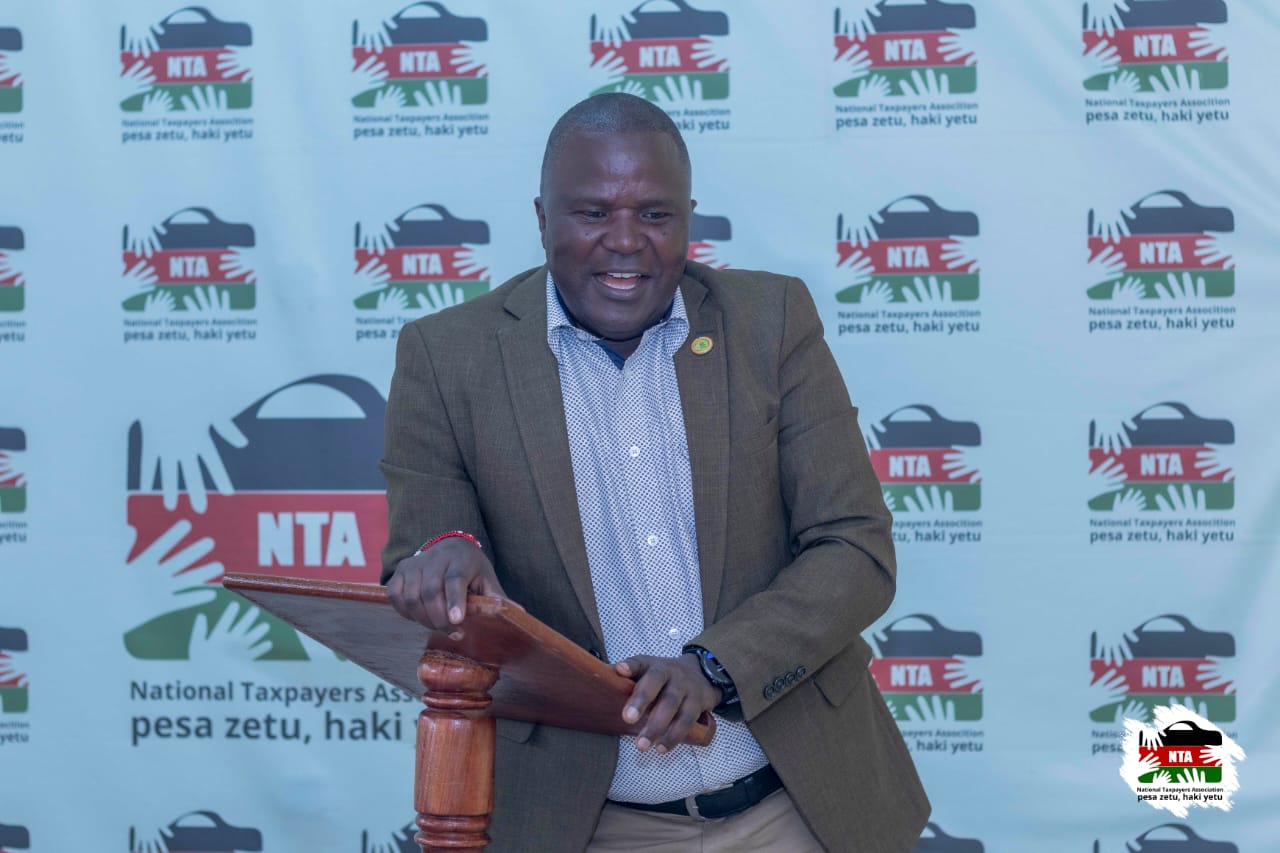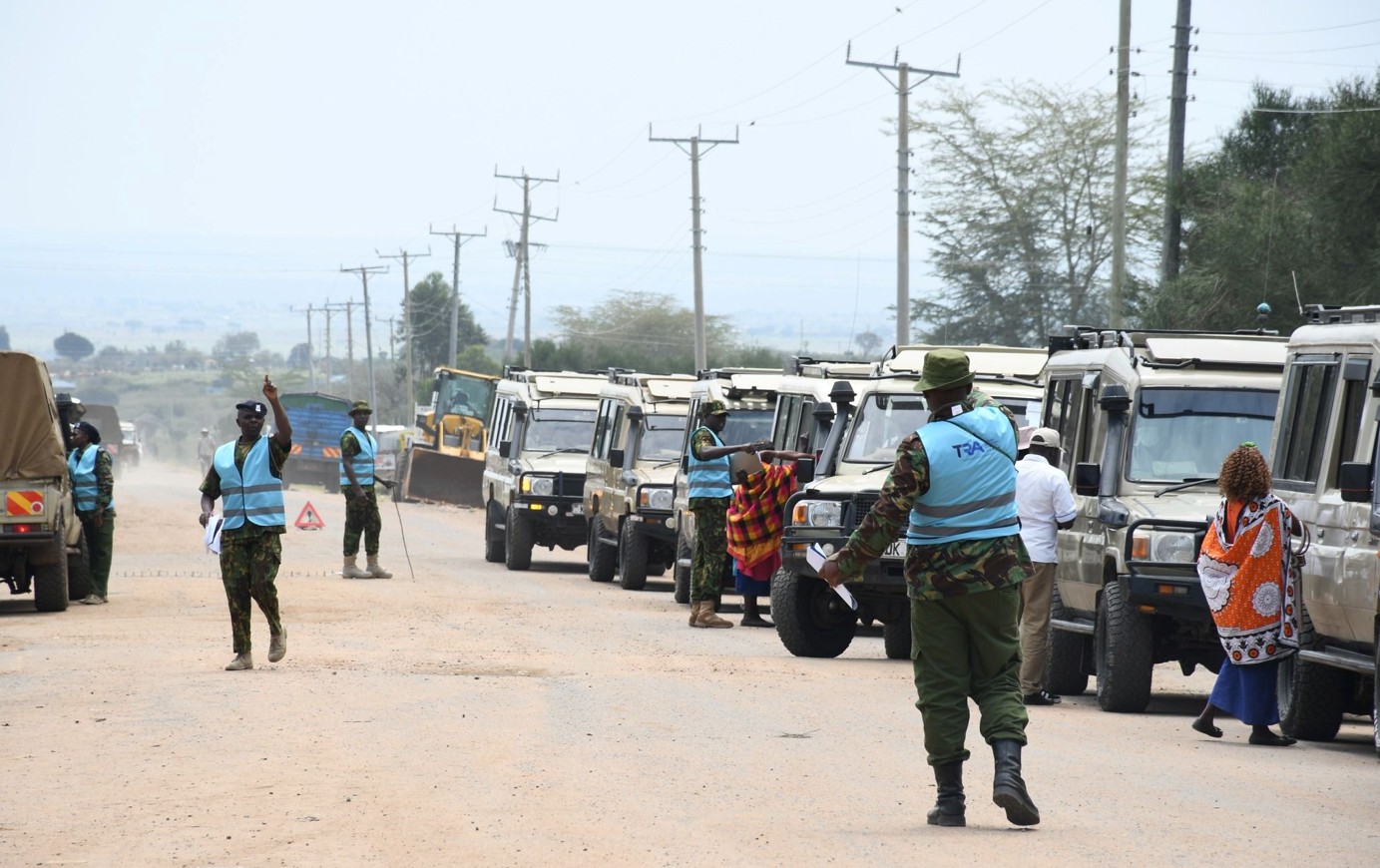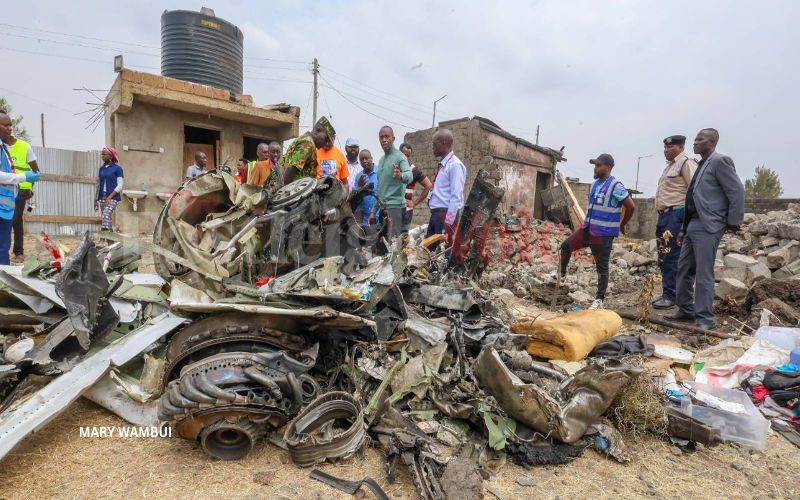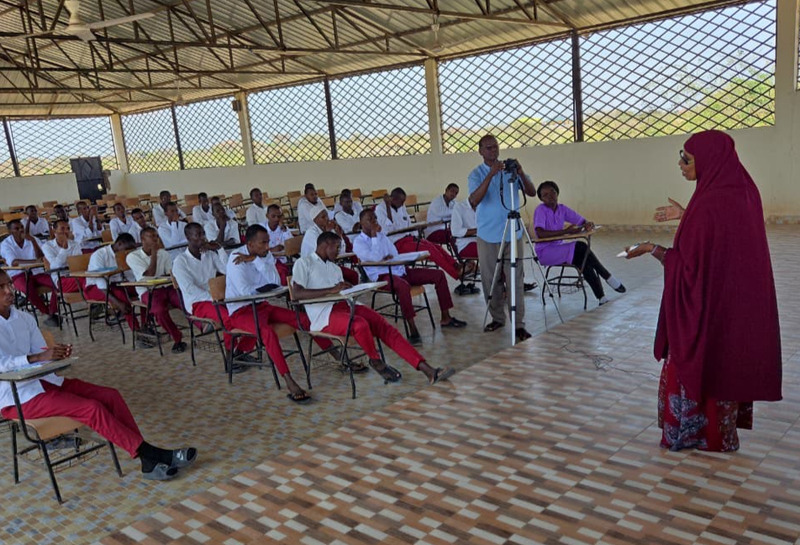Hope wears thin as Kilifi residents confront decades of land evictions, seek redress
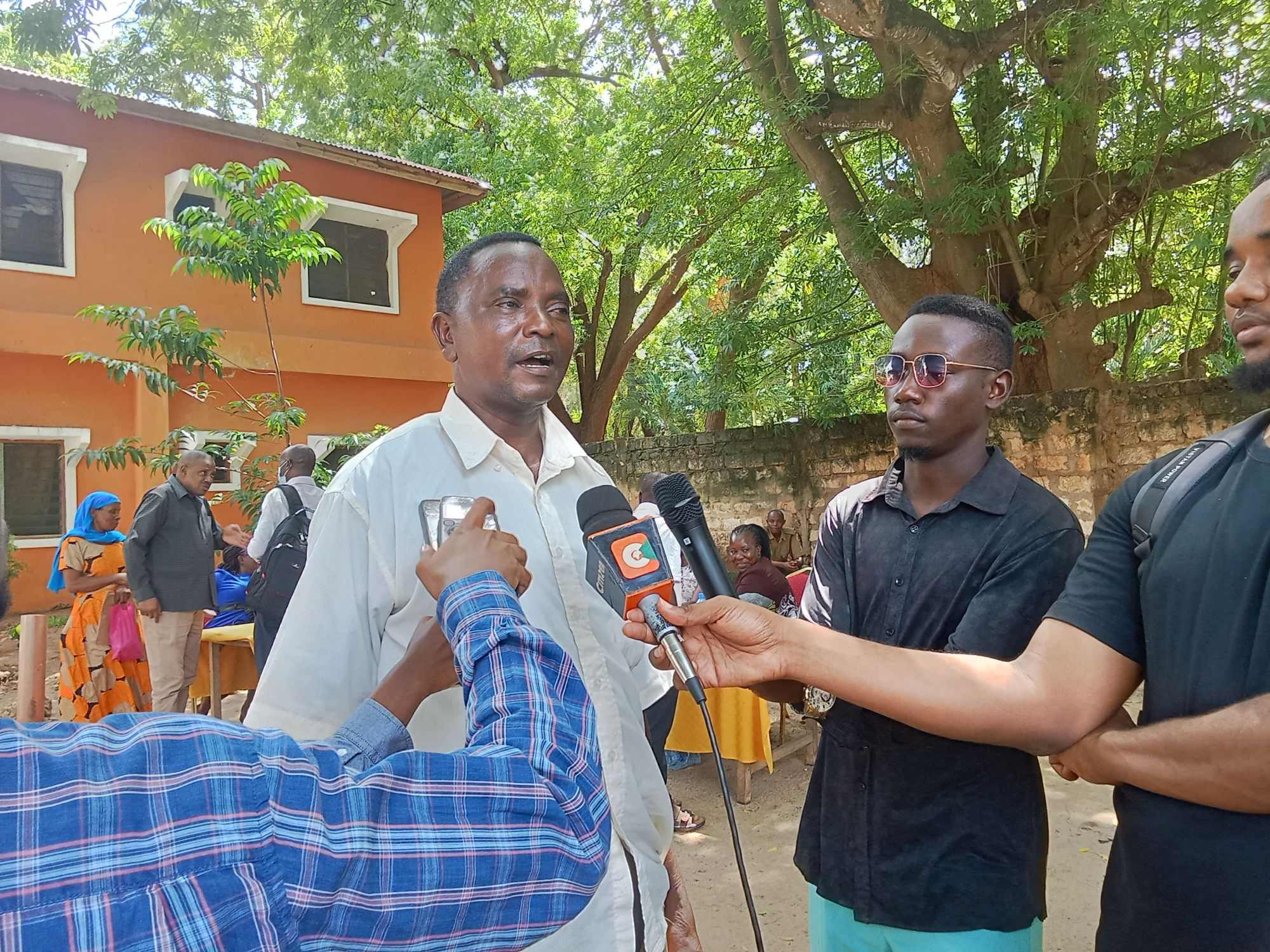
The move follows a nationwide outcry for redress over land displacements dating back to the 1980s.
Kilifi residents continue to grapple with uncertainty and anguish as they return to yet another session of public hearings into historical land injustices, many clinging to hope that justice, though delayed for decades, may still be served.
The National Land Commission (NLC) commenced a two-week review on June 3, 2025, at the Kenya Red Cross Hall in Malindi, focusing on 190 long-standing land dispute cases within the coastal county.
More To Read
- Over 5,300 land parcels set for allocation in Mandera
- Sh3.16 billion released for Mombasa-Mtwapa road compensation, construction to resume
- Ruto names NLC selection panel as current commissioners’ term nears end
- Kwale Governor Fatuma Achani vows legal action against land grabbers
- MPs fault Lands Ministry for laxity, urge DCI to intervene in stalled fraud cases
- Legal gap leaves National Land Commission powerless to recover grabbed public land
The move follows a nationwide outcry for redress over land displacements dating back to the 1980s.
However, for locals, the process remains painfully slow.
“We were evicted with nothing but the clothes on our backs. But what has hurt more than losing our homes is spending years chasing answers and receiving none,” said Sidi Nguta Nyamawi, a widow from Kilifi South.
Sidi is among hundreds of residents who claim they were forcefully removed from their ancestral land between 1985 and 1987, some by military units with no proper compensation or alternative settlements.
Today, many live in poverty, locked in a cycle of appeals, petitions, and unmet promises.
Another affected resident, Samuel Mutua Kimuyu, recounted the meagre sum he received as compensation after being evicted from Mariakani in Kaloleni constituency.
“They gave each family Sh800. That amount was supposed to help us relocate and start over. It barely bought food, let alone land,” he said.
While the NLC acknowledges the weight of the matter, it attributes delays to the complexity of the cases.
Out of 6,742 claims received nationwide, only 190 in Kilifi met the criteria for public hearings, according to Professor James Tuitoek, Chairperson of the Historical Land Injustices Committee.
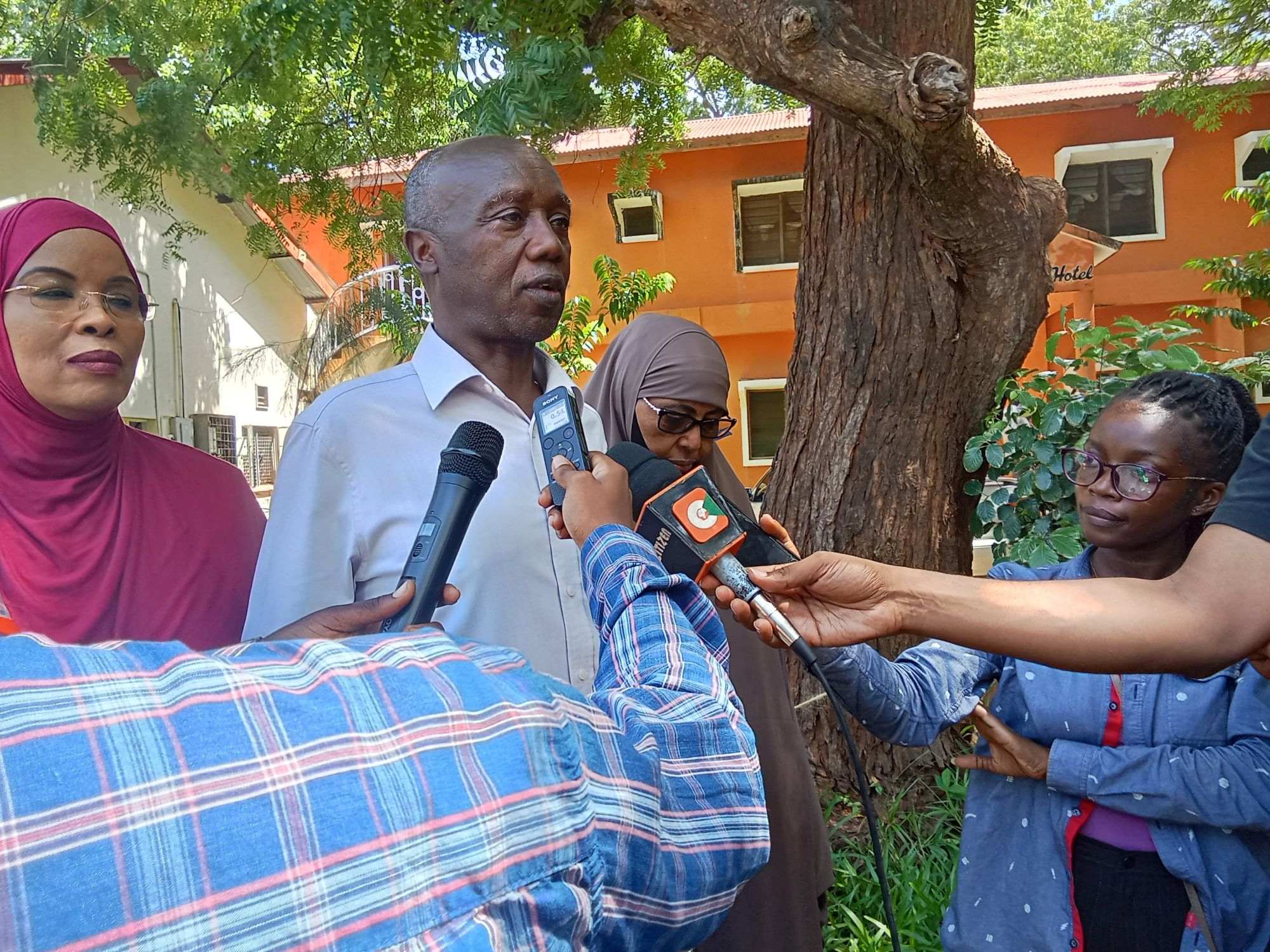 Professor James Tuitoek, Chairperson of the NLC’s Historical Land Injustices Committee, addressing journalists in Malindi during a two-week forum held at the Red Cross Hall, Malindi. (Photo: Farhiya Hussein)
Professor James Tuitoek, Chairperson of the NLC’s Historical Land Injustices Committee, addressing journalists in Malindi during a two-week forum held at the Red Cross Hall, Malindi. (Photo: Farhiya Hussein)
Many others, he said, were disqualified due to legal complications such as inheritance issues, court injunctions, or unresolved boundary disputes.
“Some of these cases go back generations. Sorting through them takes time. But we remain committed to finalising the hearings and giving rightful decisions in the next four months,” said Professor Tuitoek during a press briefing in Malindi.
Commissioner Hubbie Hussein reiterated the commission’s limitations, pointing to staff shortages and logistical challenges as contributing factors to the slow pace.
Still, such explanations offer little comfort to victims like Sidi and Samuel, who feel sidelined by a system that has repeatedly failed them.
“We are tired of travelling long distances, spending money we don’t have, just to be told to come back again. This isn’t just about compensation, it is about justice,” said Sidi.
Beyond the desire for financial reparation, many displaced families are demanding the return of their ancestral lands.
The hearings in Malindi have become not only a legal process but a deeply emotional one, with residents sharing personal stories of loss and resilience.
“We are not beggars. We are citizens who were wronged. We want our land back because it is a part of who we are,” said Mutua
As the hearings continue until June 13, there remains cautious optimism, but also growing frustration among the local communities.
“We have waited long enough. Let them give us a clear answer. No more delays. No more excuses.”
Whether this round of hearings will finally deliver the justice Kilifi residents have long fought for remains to be seen. But for many, time is running out. Their pleas are not for pity but closure.
Top Stories Today






